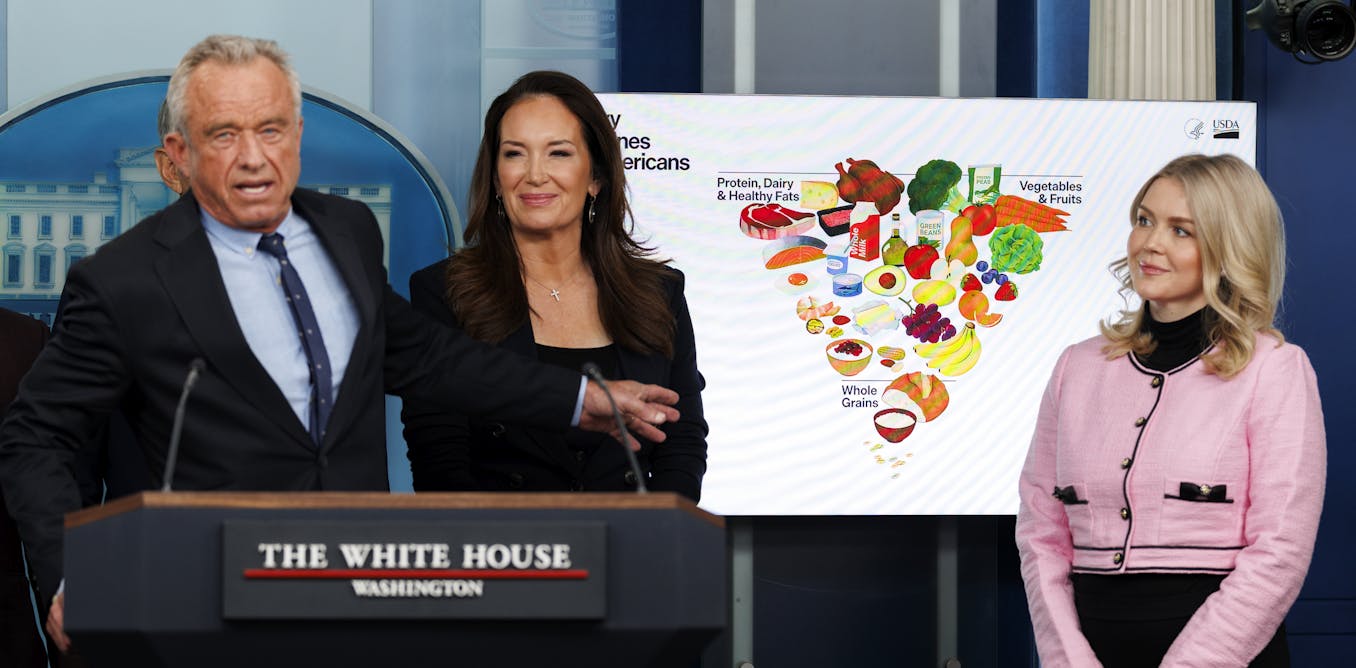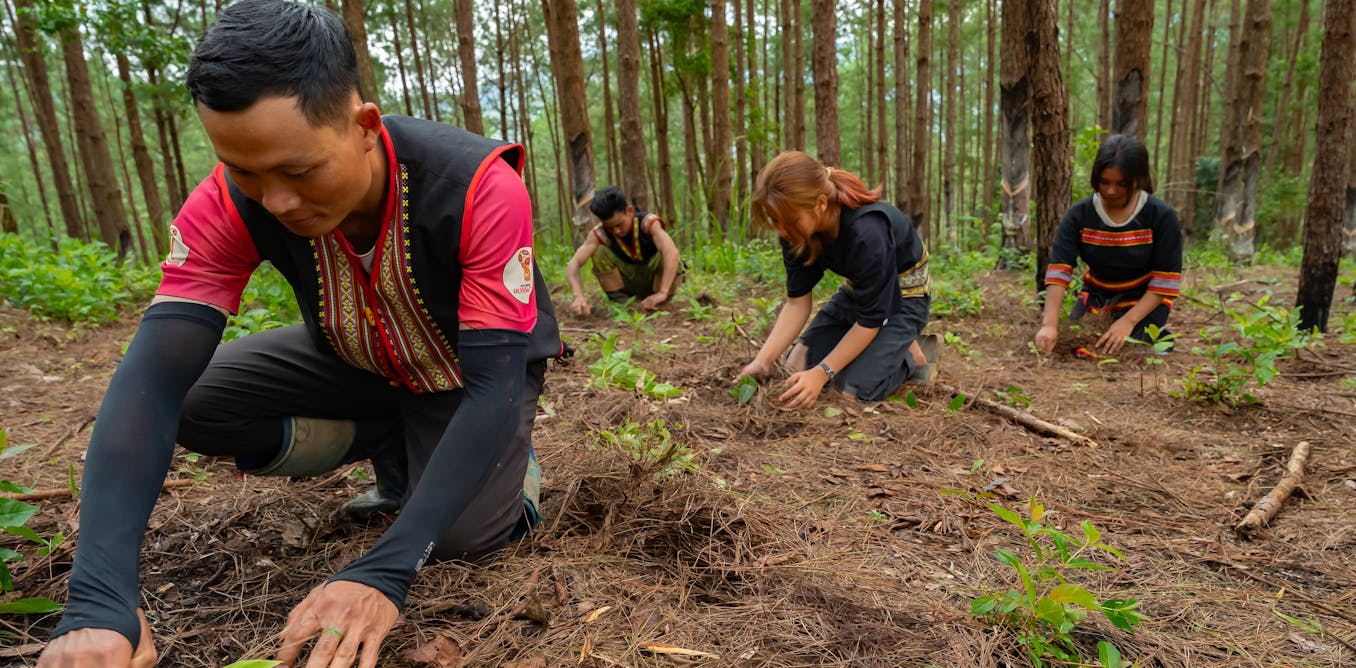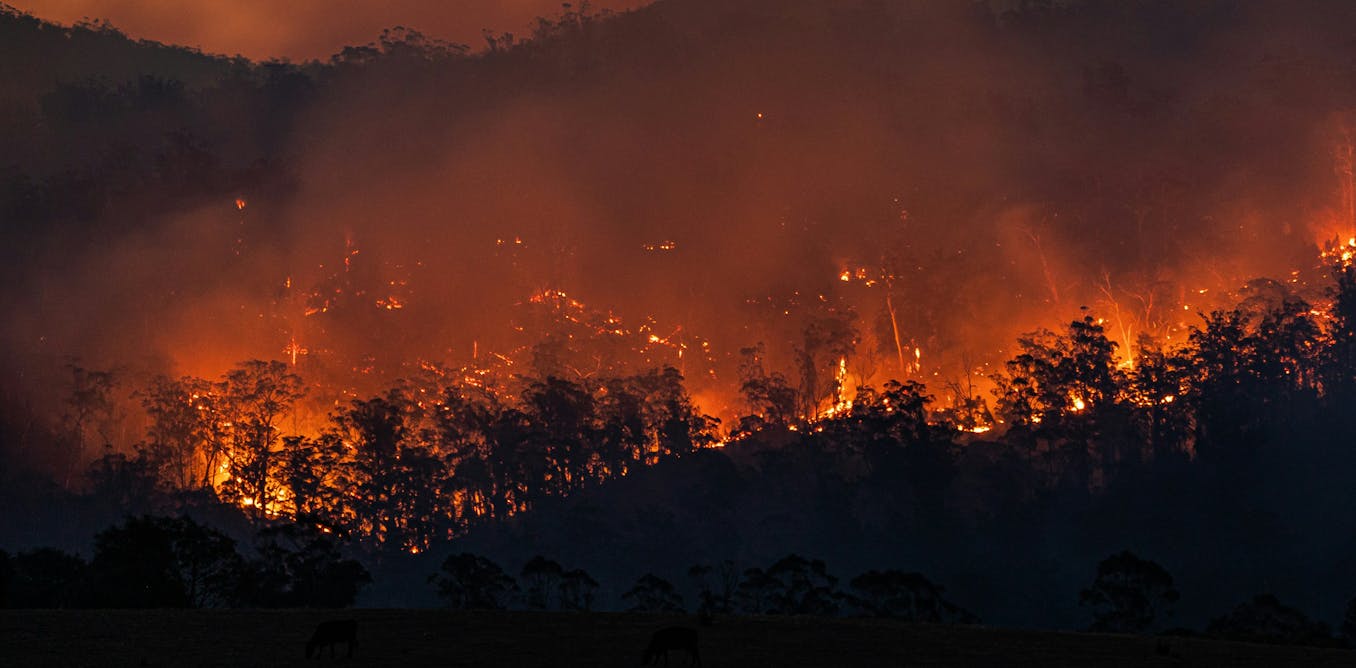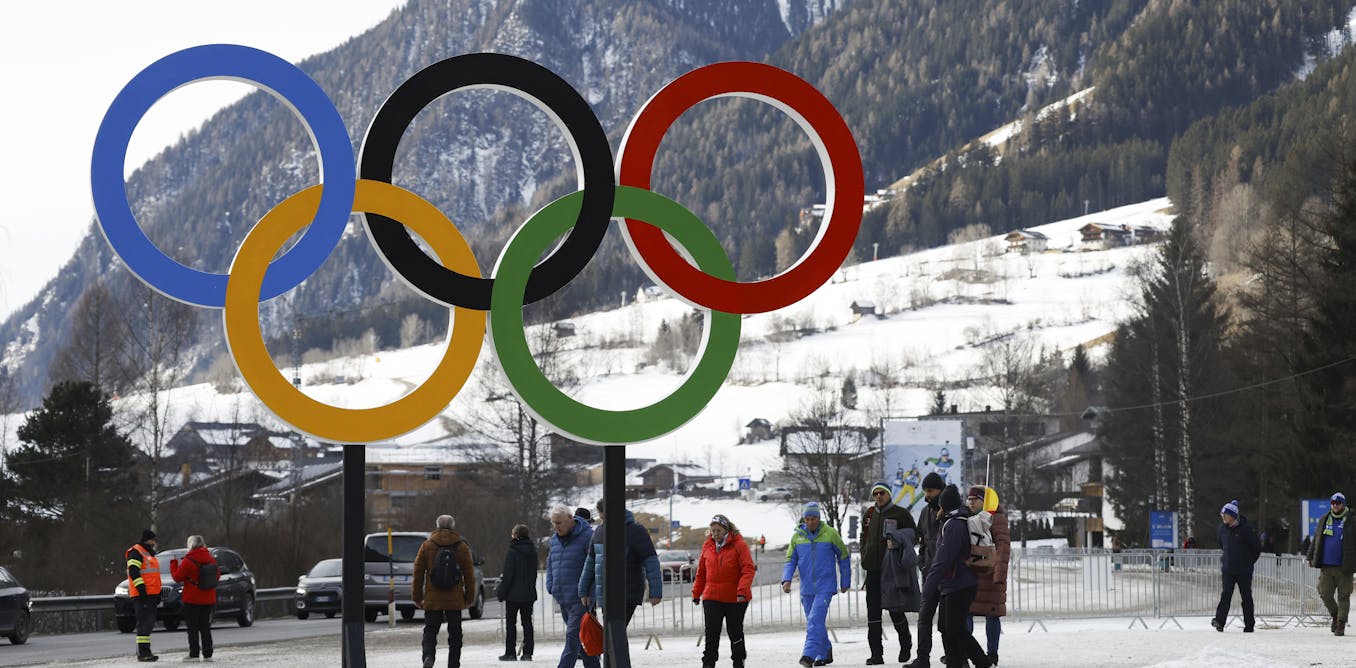EPICS in IEEE projects offer students opportunities to engage with engineering professionals and mentors, local organizations, and technological innovation to address community-based issues.
The following two environmentally focused projects demonstrate the value of teamwork and direct involvement with project stakeholders. One uses smart biodigesters to better manage waste in Colombia’s rural areas. The other is focused on helping Turkish olive farmers protect their trees from climate change effects by providing them with a warning system that can identify growing problems.
No time to waste in rural Colombia
Proper waste management is critical to a community’s living conditions. In rural La Vega, Colombia, the lack of an effective system has led to contaminated soil and water, an especially concerning issue because the town’s economy relies heavily on agriculture.
The Smart Biodigesters for a Better Environment in Rural Areas project brought students together to devise a solution.
Vivian Estefanía Beltrán, a Ph.D. student at the Universidad del Rosario in Bogotá, addressed the problem by building a low-cost anaerobic digester that uses an instrumentation system to break down microorganisms into biodegradable material. It reduces the amount of solid waste, and the digesters can produce biogas, which can be used to generate electricity.
“Anaerobic digestion is a natural biological process that converts organic matter into two valuable products: biogas and nutrient-rich soil amendments in the form of digestate,” Beltrán says. “As a by-product of our digester’s operation, digestate is organic matter that can’t be transferred into biogas but can be used as a soil amendment for our farmers’ crops, such as coffee.
“While it may sound easy, the process is influenced by a lot of variables. The support we’ve received from EPICS in IEEE is important because it enables us to measure these variables, such as pH levels, temperature of the reactor, and biogas composition [methane and hydrogen sulfide]. The system allows us to make informed decisions that enhance the safety, quality, and efficiency of the process for the benefit of the community.”
The project was a collaborative effort among Universidad del Rosario students, a team of engineering students from Escuela Tecnológica Instituto Técnico Central, Professor Carlos Felipe Vergara, and members of Junta de Acción Comunal (Vereda La Granja), which aims to help residents improve their community.
“It’s been a great experience to see how individuals pursuing different fields of study—from engineering to electronics and computer science—can all work and learn together on a project that will have a direct positive impact on a community.” —Vivian Estefanía Beltrán
Beltrán worked closely with eight undergraduate students and three instructors—Maria Fernanda Gómez, Andrés Pérez Gordillo (the instrumentation group leader), and Carlos Felipe Vergara-Ramirez—as well as…
Read full article: EPICS in IEEE Projects Improve Waste Management and Farming

The post “EPICS in IEEE Projects Improve Waste Management and Farming” by Ashley Moran was published on 11/05/2024 by spectrum.ieee.org




































Leave a Reply